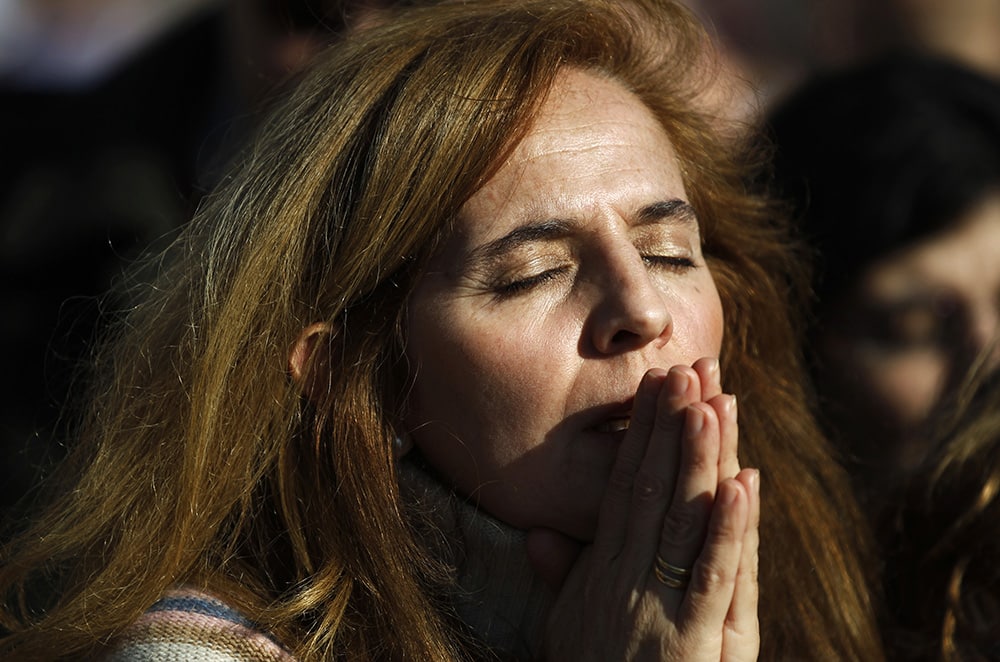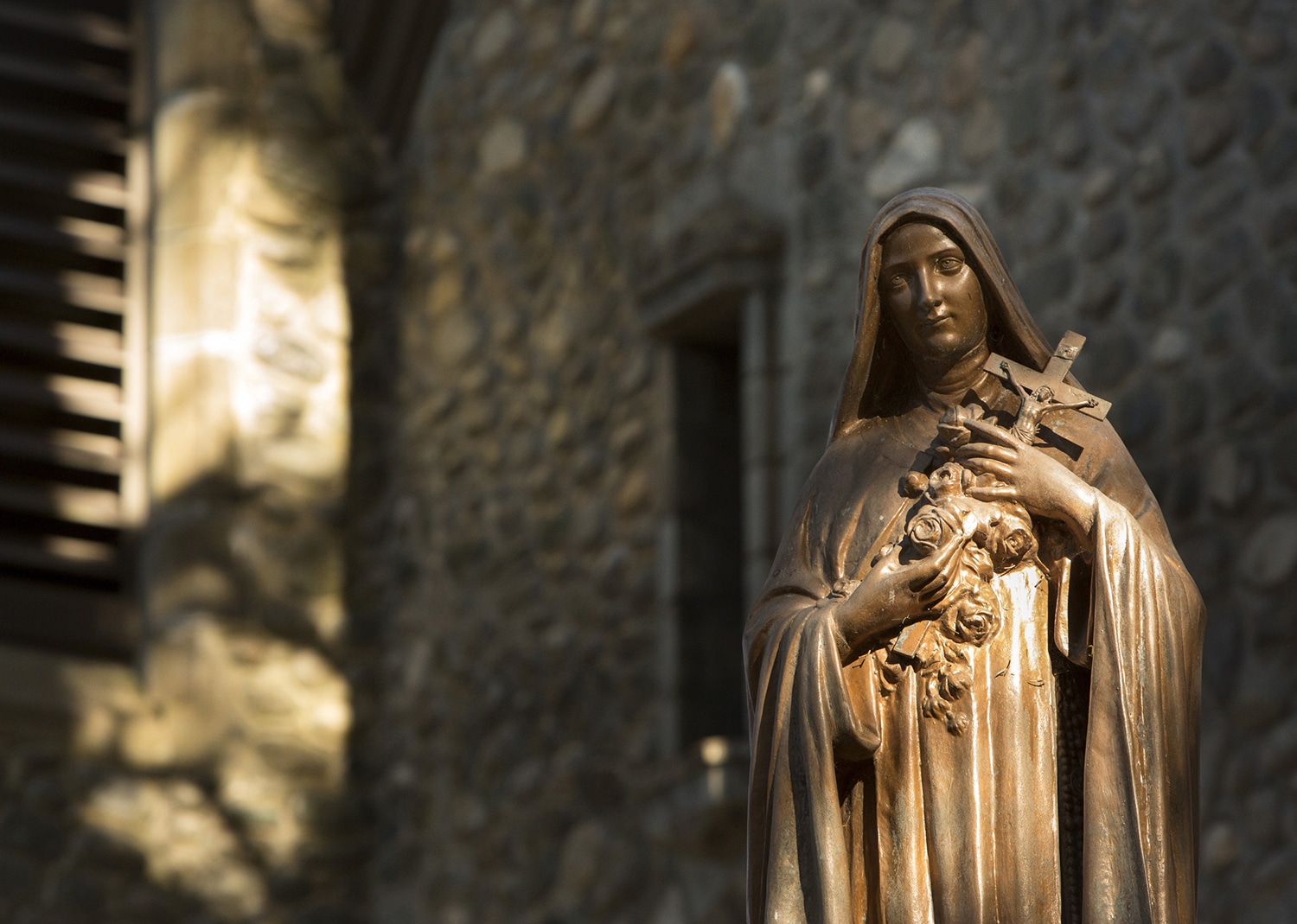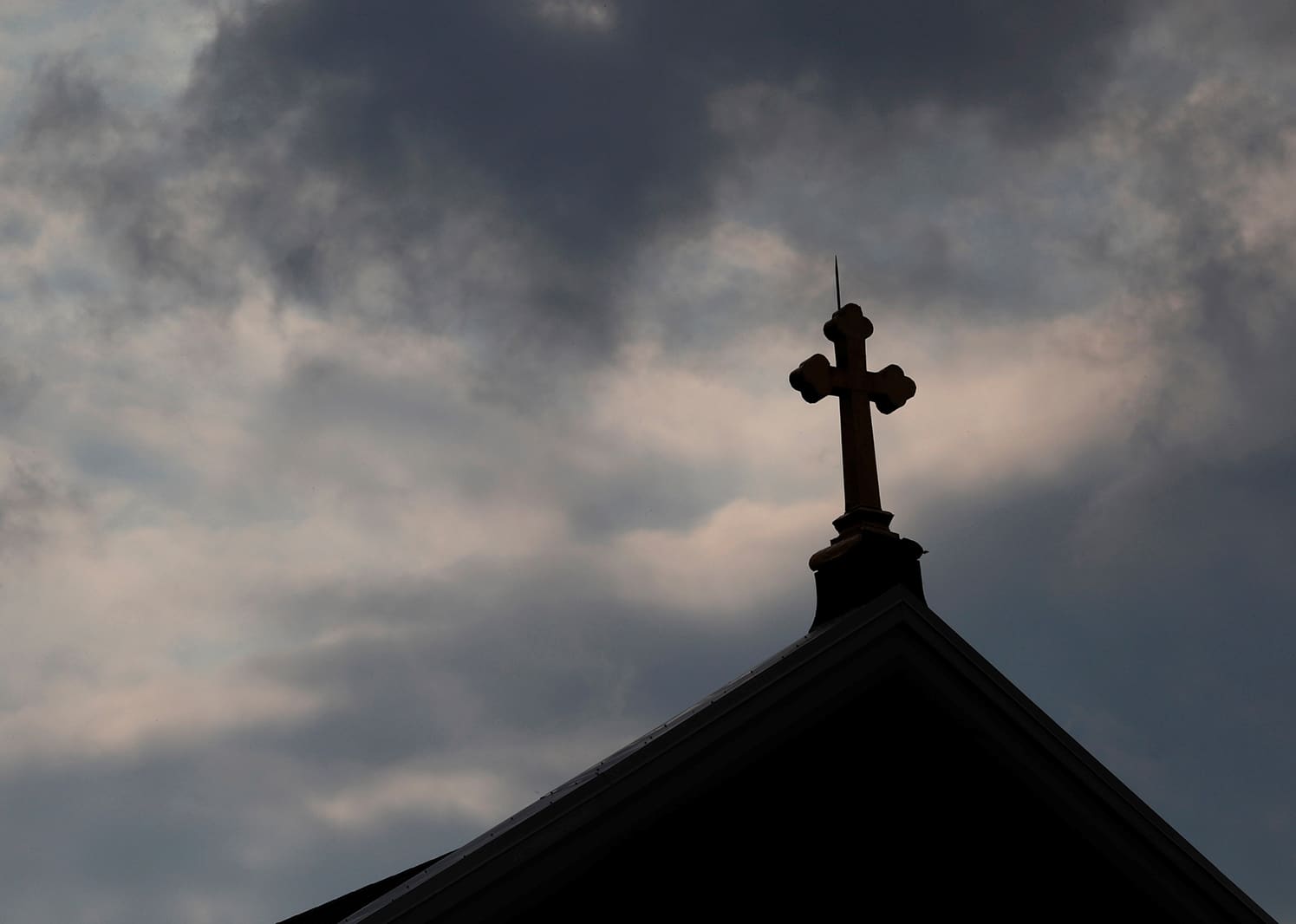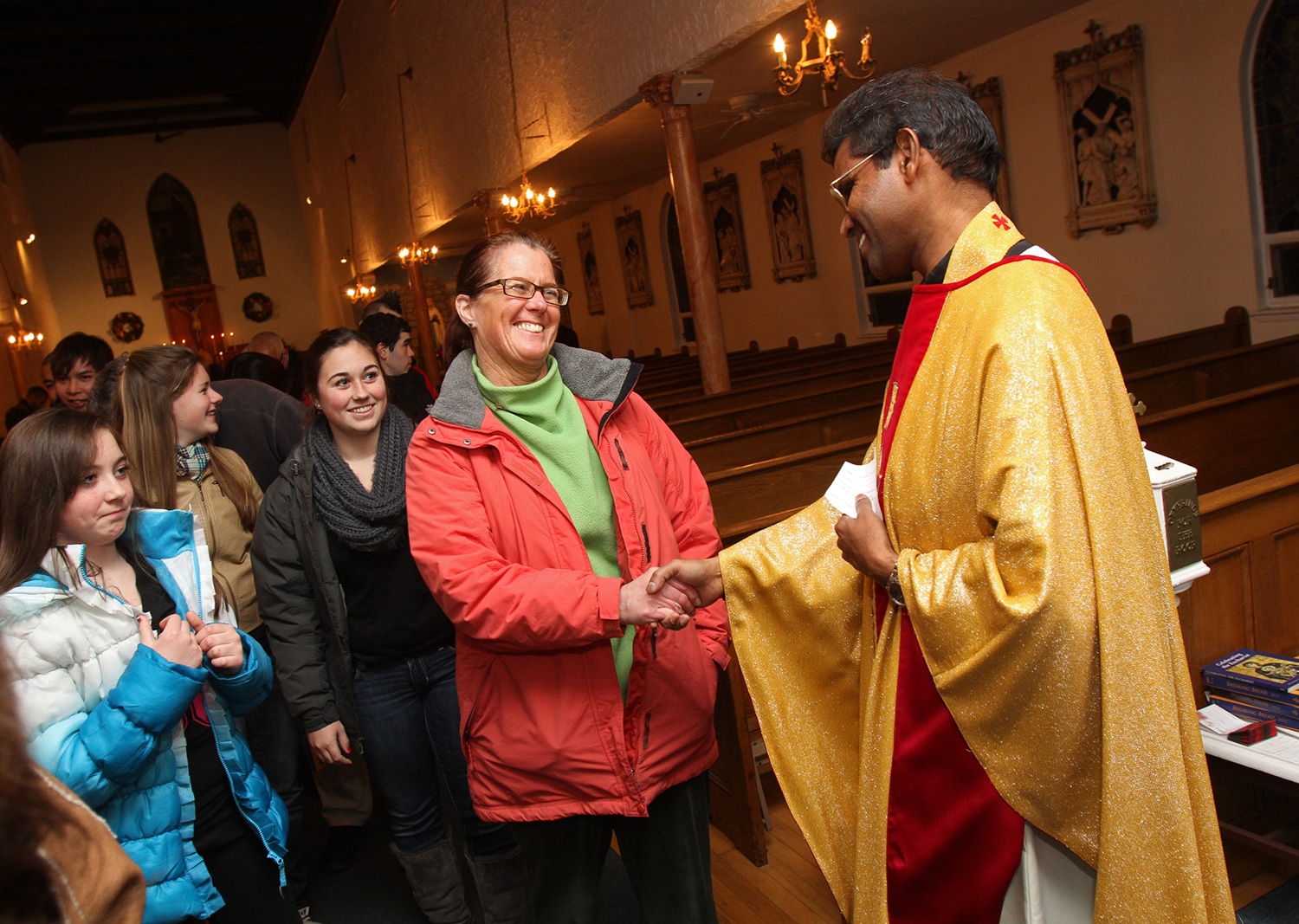Question: A year ago, I made a novena to St. Thérèse. It is my understanding that if you say prayers to her, she will often send a rose as a signal that your prayers are heard. I got four roses on four separate days! Day 1, I was watching TV and the main character brought a huge bouquet of roses to her daughter. Day 2, a friend brought me a silk flower arrangement of roses. Day 3, I was sorting through old greeting cards and the first I pulled out of the box were cards with roses all over them. On Day 4, I drove by a nursery near my home and there was a big sign out front advertising roses for half off. Thus, I was quite confident that my request would be granted. I asked St. Thérèse to intercede with God to save a marriage (not mine). The couple involved had been together for over 20 years and it was truly a shock to everyone when they announced they were separating. Subsequently there was a divorce, and the couple went their separate ways. I guess I simply don’t understand why I received so many roses if God had no intention of helping save this marriage.
— Name, location withheld
Answer: The discernment of signs and wonders such as the roses of St. Thérèse will always have subjective factors. So, the best we do in such situations is to speculate within the premises and context of what is promised. At first glance, the presentation or appearance of a rose is straight-forward. But roses are fairly common in most places in warmer months, and once you start looking for them, they turn up pretty regularly. A baker was once asked to design a cake in the shape of “21” for a 21st birthday celebration. In the days that followed this confection, he started to notice the number 21 everywhere and was quite astonished how often it appeared. So, what are we to make of the promise of a rose not just once, but on four occasions? Is it just a heightened sensitivity to a fairly common feature, or is it an answer to prayer? It is hard to say, absolutely. God often communicates through common or natural means, yet skeptics would not be without grounds in calling it mere coincidence.
Grace and free will
The twist in your story is that the prayer did not seem to be answered in the way you hoped, and this elicits other questions. Were the roses still an authentic sign and, if so, why did the reconciliation of the marriage not happen? Or was the lack of reconciliation a sign that the roses were not authentic and/or that St. Thérèse could not come through? Here, too, we cannot say absolutely.

But let’s take the case even higher, to God. While we can certainly affirm that miracles do happen by the hand of God and the intercession of saints, we must also accept certain limiting factors, even with God himself. God is omnipotent. But there are certain things even God “can’t” do, not because of a lack of power, but because of the way he has set things up. God has made us free and, therefore, will not force human beings to do what they want or refuse to do. In a marriage situation, there are two human beings who are free. God can send many graces, and even multiply those graces at the request of our prayers or the intercession of the saints. But none of this will overrule the freedom of a person to resist or refuse to accept such graces. Hence, St. Thérèse may have sent a rose or roses to you as a consolation, or as a signal that she was on the job and had presented your requests to God. God, too, may have lavished graces on the couple. Yet, in the end, one or both of them still said, “No.”
So, novenas may have certain promises and assurances. But none of these will usually cause God to force an outcome that voids the freedom of people, nor will God violate the truth and logic of what he has set forth. For example, God “cannot” make a square circle, nor will he generally overrule the freedom of those he has made and declared free. There is no magic here, no assured outcomes just because we said certain prayers or did certain pious acts. God always answers our prayers, but sometimes, the answer comes back, “no” or “later.”







